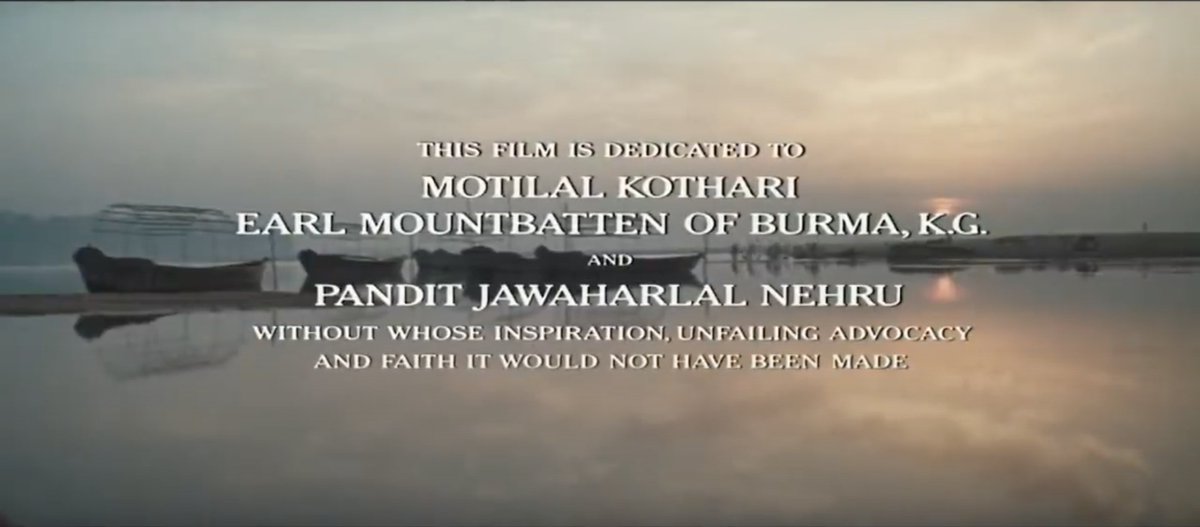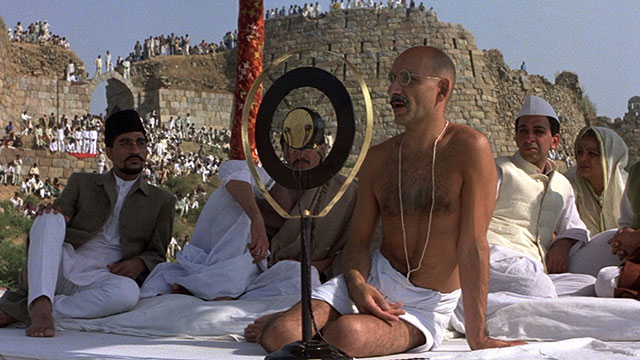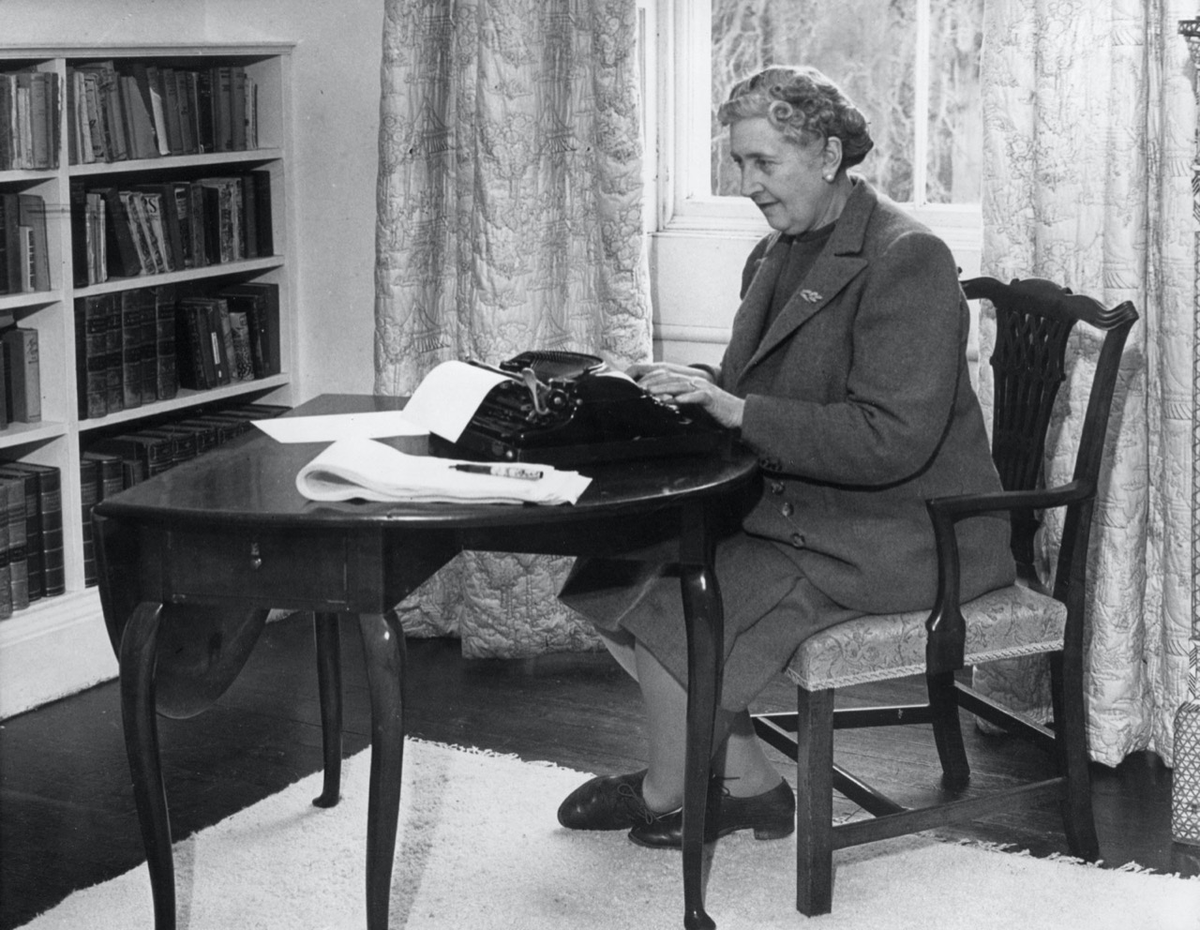#NationalSportsDay in India commemorates the birthday of Major Dhyan Chand, one of the finest sportspersons the country has ever produced.
Did you know despite winning three Olympic Golds, his best match was none of those games and was instead played on Indian soil?
Did you know despite winning three Olympic Golds, his best match was none of those games and was instead played on Indian soil?

Back in those days, the Beighton Cup was the ultimate achievement for hockey players and Dhyan Chand said it was his "life's ambition" to win the coveted trophy for his home team Jhansi Heroes.
In his autobiography 'Goal', Dhyan Chand noted that the 1933 Beighton Cup final against Calcutta Customs was the best match he ever played. In a keenly contested affair, the Jhansi team won by a solitary goal scored by the wizard himself.
One of the most memorable anecdotes was shared by his son Ashok Kumar. Dhyan Chand toured New Zealand in 1926. In a match, his stick broke and he threw it away. Close to 5 decades later, when his son went to NZ, a man showed a splinter of wood collected from Dhyan Chand's stick.
His wizardry in the Olympics are already stuff of legends. Yet, one of his most cherished moments actually came a year before the Berlin Olympics, when the contingent toured Australia. Don Bradman paid them a visit and graciously agreed to pose with the team for a photograph.
This #NationalSportsDay, our humble tribute to the original GOAT, one of the earliest truly global sporting sensations of the country.
This statue is from his hometown, Jhansi.
This statue is from his hometown, Jhansi.

On #NationalSportsDay2020, here's a plug to a new exciting franchise-based sporting league in the offing.
Visit us at:
proquizzinleague.com
Help us make #IndiaKnowledgeKaSuperpower
Please go through this article to get a preliminary idea:
economictimes.indiatimes.com/small-biz/star…
Visit us at:
proquizzinleague.com
Help us make #IndiaKnowledgeKaSuperpower
Please go through this article to get a preliminary idea:
economictimes.indiatimes.com/small-biz/star…
• • •
Missing some Tweet in this thread? You can try to
force a refresh
















